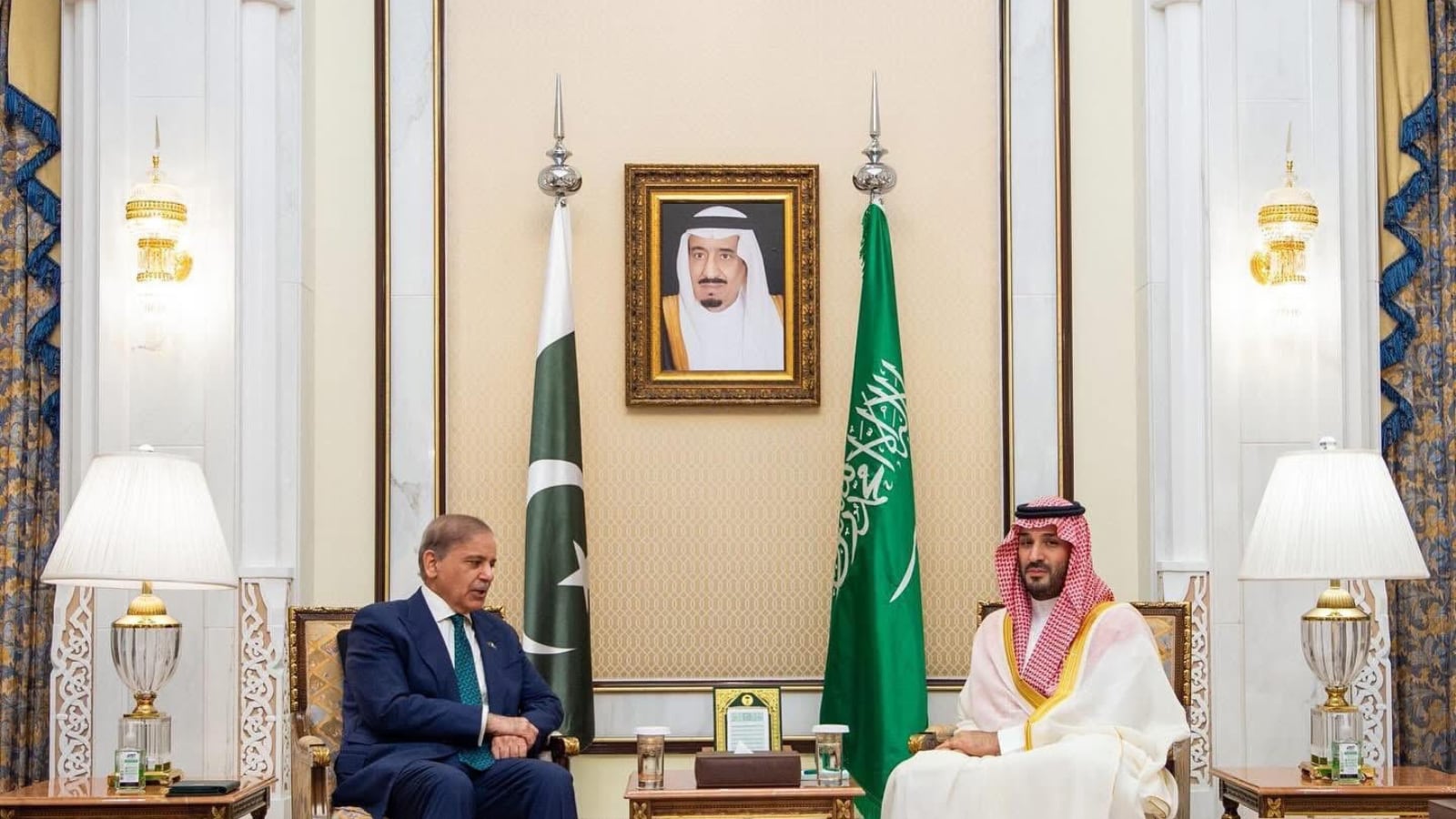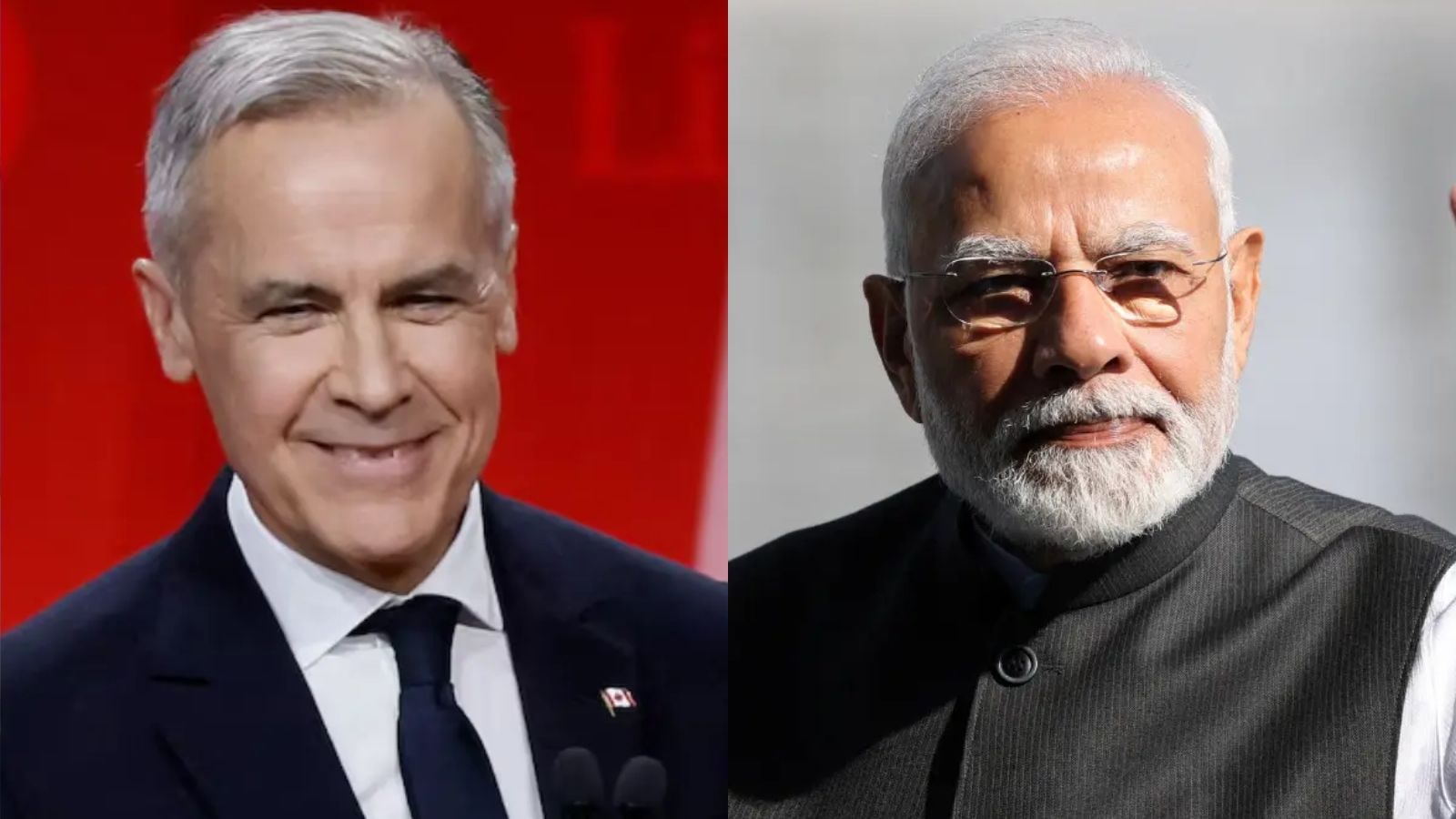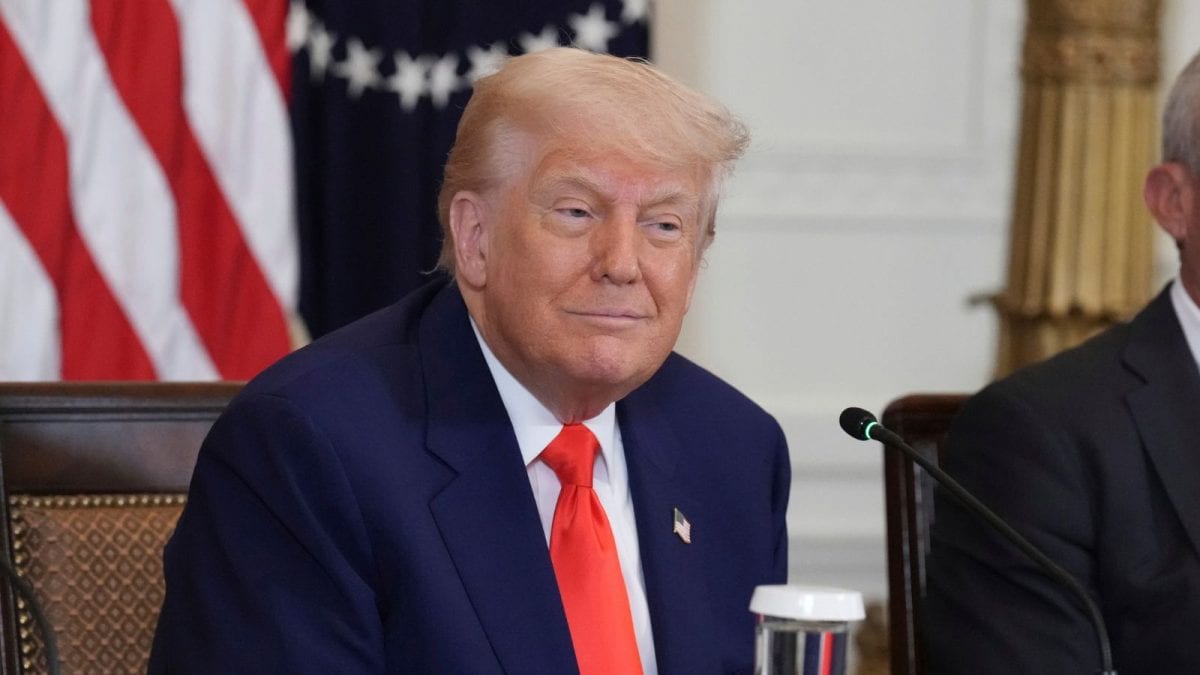Last Updated:June 06, 2025, 15:26 IST
In the aftermath of the Pahalgam attack, Prime Minister Narendra Modi had reiterated that “trade and terror, water and blood, bullets and dialogue cannot go together”

Being a lower riparian state, Pakistan is heavily dependent on India-controlled rivers—particularly the Jhelum and Chenab flowing through Jammu & Kashmir. (PTI/Representative image)
Pakistan has so far sent four letters expressing concerns over suspension of the Indus Waters Treaty (IWT) and urging India to reconsider the decision.
After the terrorist attack in Pahalgam on April 22, India’s Secretary of the Ministry of Jal Shakti, Debashree Mukherjee, wrote to Pakistan’s Water Ministry Secretary, Syed Ali Murtaza. The letter unequivocally stated that India remains a victim of cross-border terrorism emanating from Pakistan. India cited this context, alongside technical arguments, in communicating its decision to suspend its participation in the IWT.
India underscored that Pakistan has undermined the spirit of mutual trust and cooperation that underpinned the 1960 treaty.
PAKISTAN’S LETTERS
The first was dispatched in early May, before the launch of Operation Sindoor. Since then, three additional appeals have been sent by Murtaza.
According to sources, all correspondence has been routed through the Ministry of Jal Shakti to the Ministry of External Affairs.
In the aftermath of the Pahalgam attack, Prime Minister Narendra Modi had reiterated that “trade and terror, water and blood, bullets and dialogue cannot go together".
HOW IWT SUSPENSION HELPED INDIA
India has since accelerated work on strategic water infrastructure projects related to the Indus river system. A key initiative is a 130-kilometre canal designed to link the Beas River to the Ganga Canal, with a proposed extension to the Yamuna River. The nearly 200-kilometre project includes a 12-kilometre tunnel, potentially enabling Yamuna water to reach Gangasagar.
States such as Delhi, Haryana, Punjab, and Rajasthan are projected to benefit from this initiative. The government has stated that the work is progressing rapidly and is expected to be completed within two to three years. A Detailed Project Report (DPR) is also being prepared.
WHAT IT MEANS FOR PAKISTAN
Sources suggest the suspension of the treaty could significantly affect Pakistan’s Rabi crops, while the Kharif season will remain relatively unaffected. Beyond agriculture, the disruption could impact daily life, potentially leading to a water availability crisis.
Pakistan has reportedly approached the World Bank to mediate. However, the World Bank has so far declined to intervene in India’s internal decision to suspend its participation in the treaty.
India has emphasized the need to revisit and renegotiate the treaty to reflect 21st-century realities. The original treaty, drafted in the 1950s and 1960s, is increasingly viewed as outdated due to changing hydrological patterns, glacial melt, population growth, and the need for sustainable energy and water management.
Despite India’s push for modernisation, Pakistan has resisted renegotiation. According to Indian officials, this stance itself contravenes the treaty’s provisions.
Following the Pahalgam terror attack, India has also announced a range of diplomatic and strategic responses, including the suspension of its participation in the IWT.
Location : First Published:News india ‘Reconsider Indus Waters Treaty Suspension’: Pakistan Sent 4 Letters To India, 3 After Op Sindoor

 13 hours ago
13 hours ago


















